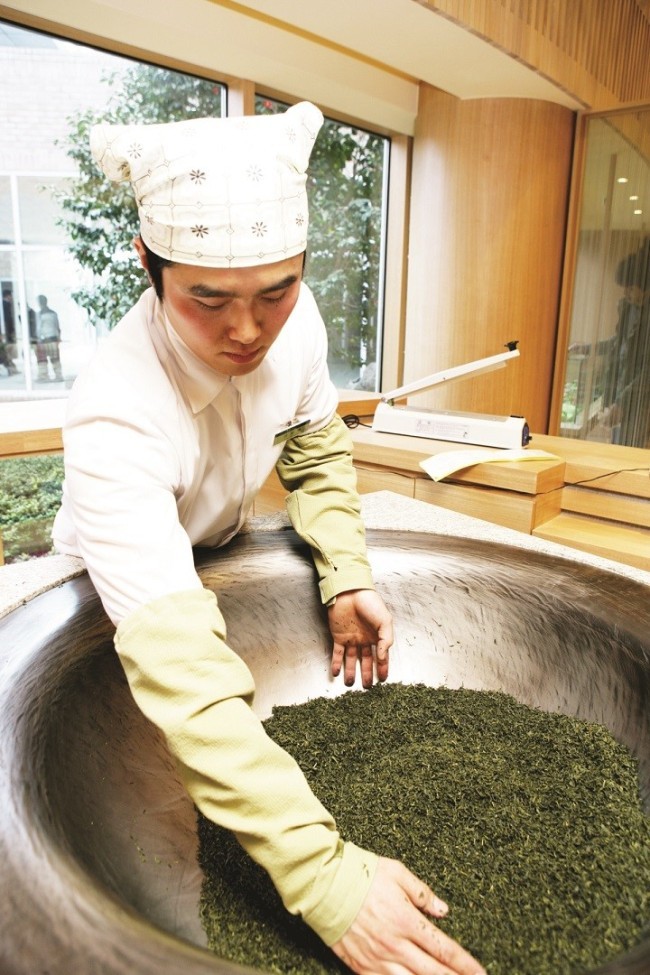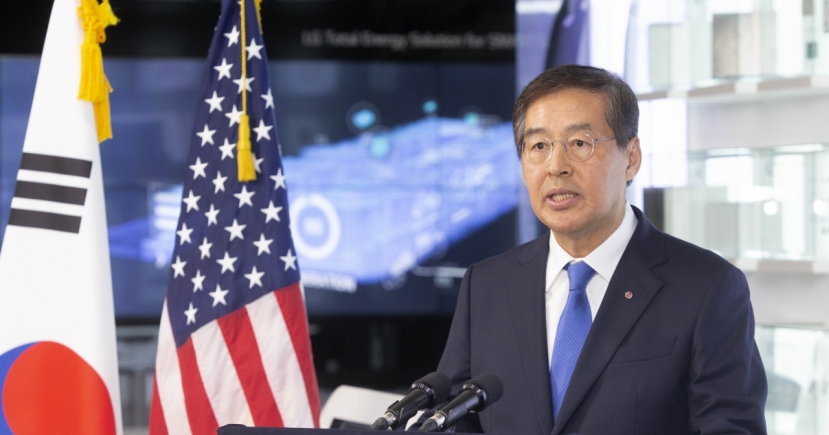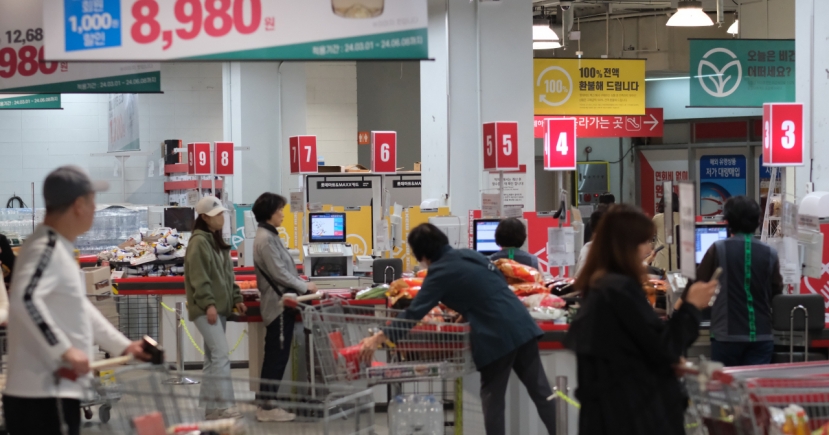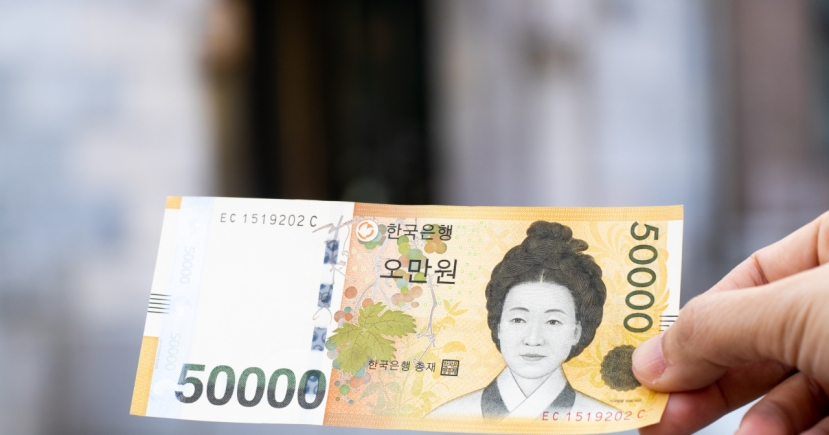Industrials
Korea to strengthen green tea industry, boost exports
[THE INVESTOR] The South Korean government on Dec. 26 rolled out plans to strengthen the country’s green tea industry over the next 10 years, with aims to boost local tea production and exports.
The Ministry of Agriculture, Food and Rural Affairs said it will enact policies to double the country’s green tea production to 120 billion won ($160 million) and green tea exports to $1 million by 2026.
 |
A worker roasts tea leaves at green tea brand O’sulloc’s green tea museum. AmorePacific |
“We hope to revitalize Korea’s stagnant tea industry to reposition it as one of the country’s economic growth drivers,” the ministry said in a statement.
To meet this long-term target, the ministry said it plans to establish official green tea farming and production hubs in Korea that can produce safe, high-quality tea at competitive prices.
“Korea’s green tea industry is concentrated in three regions — Boseong County of South Jeolla Province, Hadong County of South Gyeongsang Province and Jeju Island,” said Chun Yong-hee, an official from the ministry’s horticulture business division.
“We plan to officially register these areas as ‘green tea districts’ to offer marketing, production and infrastructural support to local tea farms in the region,” Chun said.
The ministry will also work to ensure that more Korean green tea products are certified for high quality and safety. As of now, only around 60 percent of locally-produced green tea have obtained Good Agricultural Practices, or GAP, certification, Chun said.
GAP certification verifies that a given fruit or vegetable has been produced, packaged, handled and stored as safely as possible to minimize microbial food safety hazards.
Led by its new push, the ministry said it hopes to help build up Korea’s exclusive line of premium green tea recognized by major tea importing countries including Germany, the US and China.
“Right now, we’re not seeing much of a growth in the number of Korea’s green tea farms or net tea production volume. So our strategy is to help Korean green tea go premium so tea producers can reap higher profits,” Chun said.
Koreas’ strong tea brands include the Bosung Green Tea or the Jeju Sulloc Tea, produced by the O’sulloc brand under AmorePacific, which Chun said could represent Korean tea in the global market.
In addition, the ministry pledged to run various programs at schools and community centers to popularize tea culture. It also plans to establish and operate local training facilities for tea specialists.
By Sohn Ji-young/The Korea Herald (jys@heraldcorp.com)






![[KH Explains] Korean shipbuilding stocks rally: Real growth or bubble?](http://res.heraldm.com/phpwas/restmb_idxmake.php?idx=151&simg=/content/image/2024/04/25/20240425050656_0.jpg)
![[Hello India] Hyundai Motor vows to boost 'clean mobility' in India](http://res.heraldm.com/phpwas/restmb_idxmake.php?idx=151&simg=/content/image/2024/04/25/20240425050672_0.jpg)
